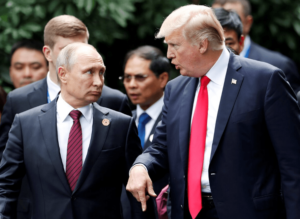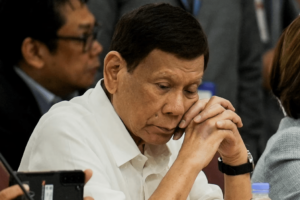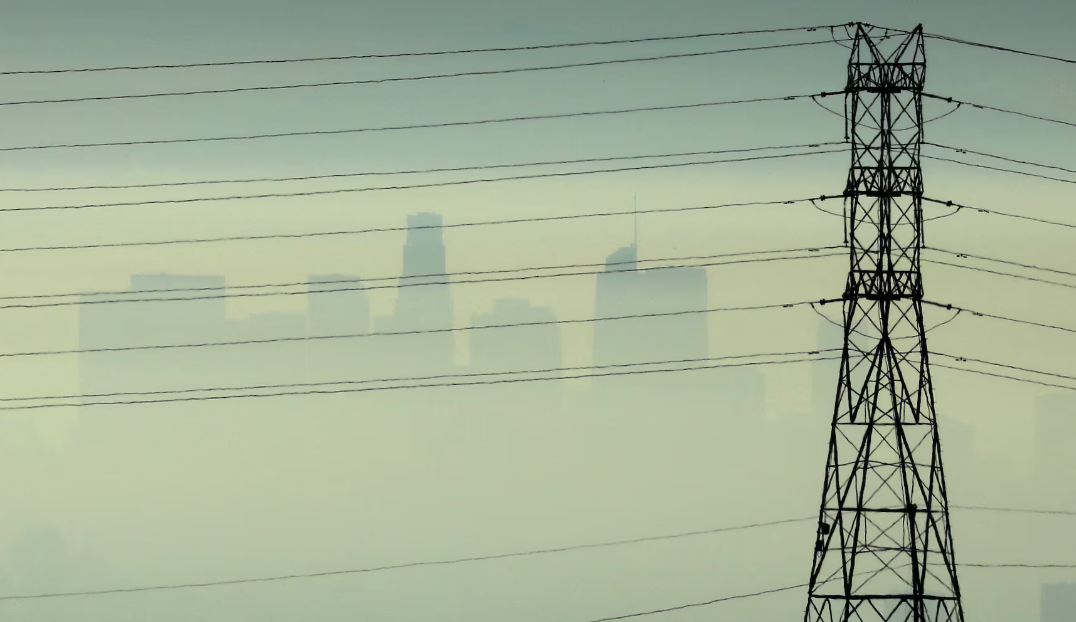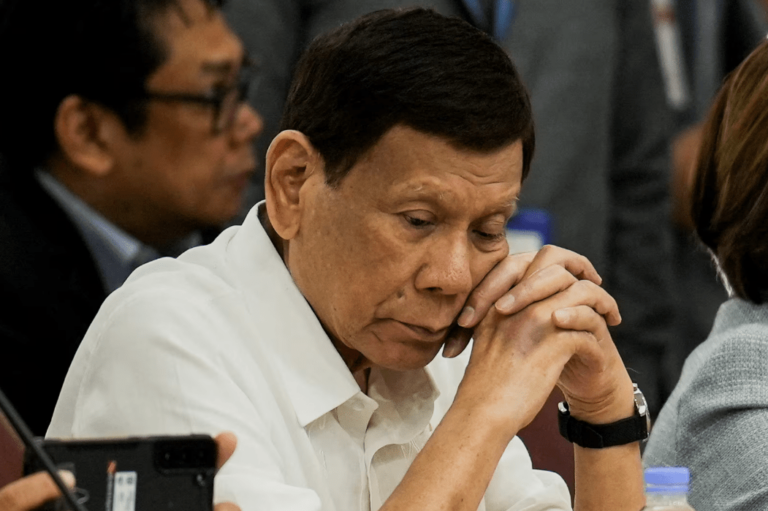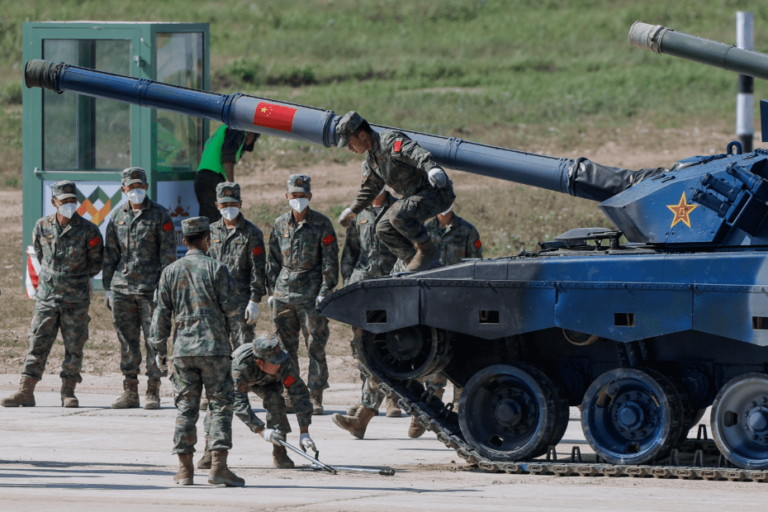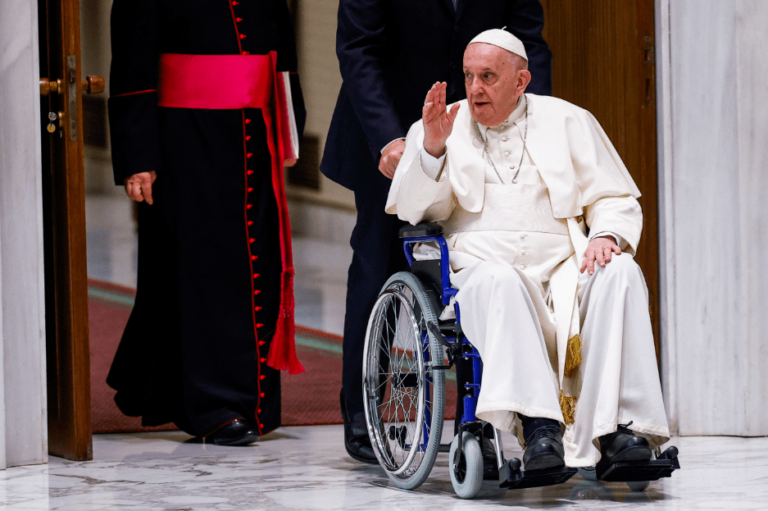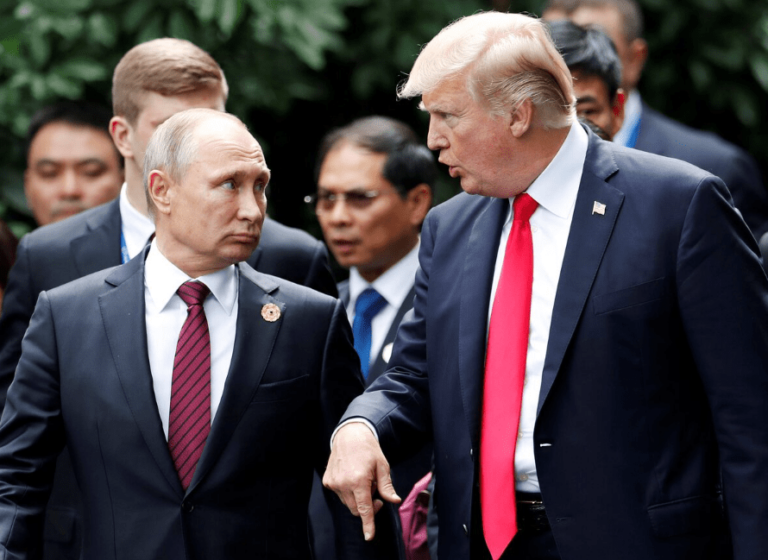The Baltic states of Estonia, Latvia, and Lithuania officially disconnected from Russia’s electricity grid on Saturday, marking a major milestone in their decades-long push for energy independence. The move severs one of the last remaining links to their Soviet past and integrates them fully with Europe’s power system.
At precisely 9 a.m. local time, the final transmission lines connecting the three nations to Russia and Belarus were shut off. Over the next 24 hours, the Baltic Power System is set to operate independently before linking to the European energy network on Sunday. The transition has been years in the making, involving extensive infrastructure upgrades, including new connections with Finland, Sweden, and Poland.
A Symbolic and Strategic Shift
For the Baltic nations, this shift is not just about energy security—it is a geopolitical statement. Since gaining independence from the Soviet Union in the early 1990s, the three countries have worked to reduce their reliance on Russian resources. Their accession to NATO and the European Union in the 2000s further reinforced their westward alignment.
The urgency to complete the transition intensified following Russia’s 2022 invasion of Ukraine. Lithuania’s energy minister stated that gaining full control of their power system was essential for national security, while the Lithuanian president described the move as the final step in breaking away from Russia’s influence.
Prepared for Disconnection
Moscow and Minsk were notified of the plan in advance to prevent any potential disruptions. Leaders of the three nations reassured the public that the process was well-coordinated and would not lead to blackouts or instability. In Latvia, security forces were put on high alert as a precaution, though no incidents were reported.
Meanwhile, Kaliningrad, the Russian exclave situated between Lithuania and Poland, has reportedly been generating its own power and was unaffected by the disconnection.
A New Energy Future
The move is expected to strengthen the Baltic nations’ energy security, making them less vulnerable to geopolitical pressures. It also aligns them more closely with European energy policies, including renewable energy initiatives. The long-term goal is to ensure stable and affordable electricity while reducing reliance on fossil fuels.
By Sunday, the Baltics will be fully integrated into Europe’s power system, bringing an end to decades of dependence on Russia’s energy infrastructure.

